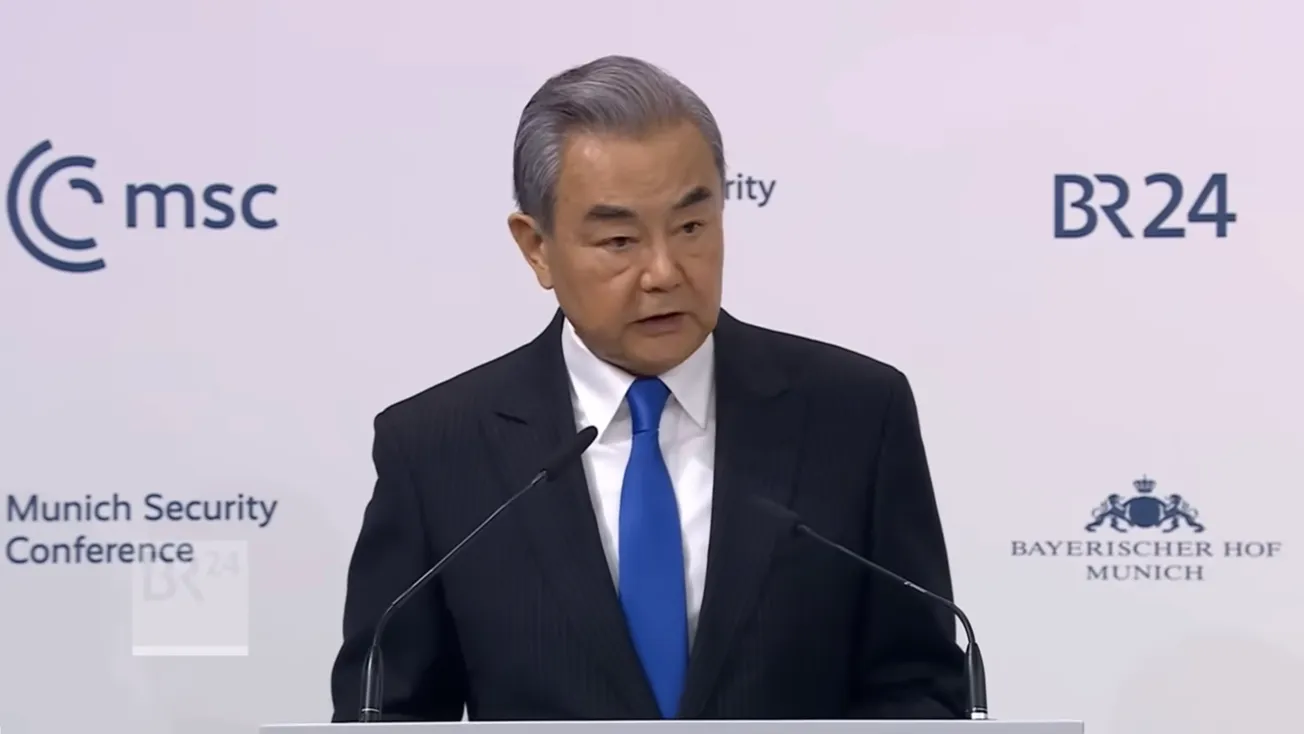In a lengthy Sept. 4 interview with the Sevastopol portal ForPost, the prominent Russian economist Sergey Glazyev noted that “the transition to national currencies was forced to happen staggeringly quickly,” in response to the dollar being used as a weapon of hybrid warfare against Russia and other countries of the Global Majority. This is a positive development, Glazyev noted, but “in itself, the transition to settlements in national currencies is only a small element of economic security.”
“The new world economic order,” he continued, “will be based on the unification of countries around a common criterion for the growth of people’s well-being, and in international cooperation—around mutual benefit, which is achieved through a synergistic effect, a combination of competitive advantages.”
The pressing issue, in Glazyev’s view, is to provide cheap credit for productive investment. This applies to Russia, the BRICS, and the Global Majority in general. “If we talk about BRICS, then this is a rather amorphous structure that does not have its own executive body.… The countries agreed that they would jointly implement common investment projects in certain areas. But so far, their scale is small.”
He pointed out that the correct financial policies to facilitate this are being carried out by China and India—two countries which, Glazyev has stated in earlier comments, have broadly followed the physical economic policy approach prescribed by Lyndon LaRouche. “Both China and India maintain currency controls. There is no free convertibility of currencies on capital transactions. Free trade is not a rigid principle for China and India. And both countries do not insist on the liberalization of partner countries’ markets. Moreover, they allow a great degree of protectionism and protection of national interests.”



